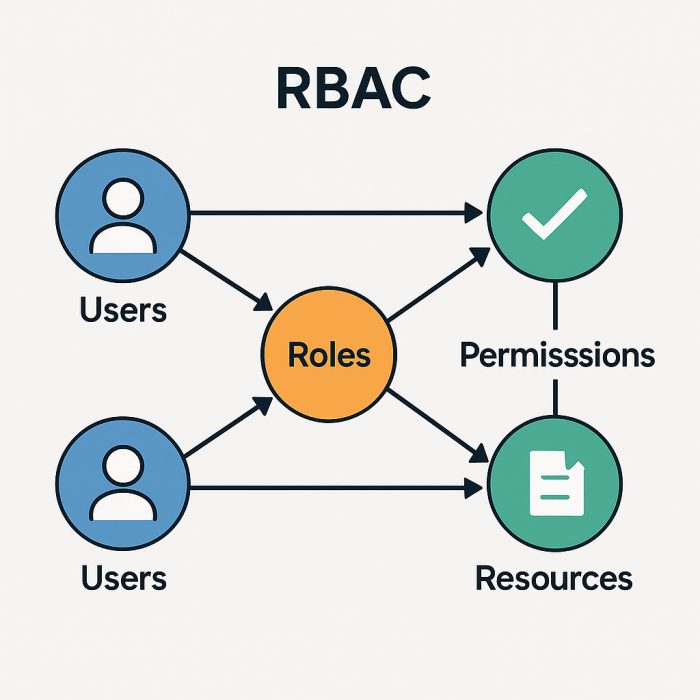The Role of AI in Smart Home Evolution sets the stage for an exciting journey into the seamless integration of artificial intelligence in our daily living spaces. As we delve into the transformative effects of AI, we uncover how it has reshaped the very essence of smart homes, making them more than just a trend—they are a testament to technological advancement. Smart homes are equipped with an array of features that elevate convenience, security, and energy efficiency, distinguishing them significantly from traditional homes.
The rapid evolution of technology has played a pivotal role in this transformation, fostering an environment where AI can flourish. From automated systems managing household chores to advanced security solutions safeguarding our homes, AI is at the forefront, streamlining our lives and redefining our expectations of home living.
Introduction to Smart Homes
Smart homes have revolutionized the way we interact with our living spaces. Over the years, the concept of smart homes has evolved from simple automation to sophisticated systems that integrate various technologies for enhanced comfort, security, and efficiency. Key features that distinguish smart homes from traditional homes include automation of lighting, heating, and appliances, all of which can be controlled remotely through smartphones or voice-activated devices. The significance of technology in modern living environments cannot be overstated, as it not only simplifies daily tasks but also creates a more sustainable and energy-efficient lifestyle.
Understanding Artificial Intelligence, The Role of AI in Smart Home Evolution
Artificial intelligence (AI) represents a significant leap in technology that allows machines to learn from experience and perform tasks that typically require human intelligence. AI is critical in the development of smart home systems, providing various technologies such as voice recognition, machine learning, and data analytics. These AI technologies enable smart homes to analyze user behavior and preferences, thus improving user experiences and operational efficiency. The impact of AI on everyday tasks is profound; from automating mundane chores to enhancing security features, AI seamlessly integrates into daily life.
AI’s Role in Home Automation
AI plays a pivotal role in home automation by enabling the coordination of various household tasks and devices. With AI-driven devices, homeowners can enjoy conveniences such as automated lighting, temperature control, and smart appliances that adapt to their routines. Examples of such devices include smart thermostats that learn user preferences over time and smart speakers that can control multiple devices through voice commands. Integrating AI into existing home systems typically involves installing compatible smart devices and configuring them to communicate with each other, thereby creating a cohesive smart home ecosystem.
Enhancing Security with AI

AI technologies significantly enhance home security solutions by providing smart surveillance systems and alarm detection. Machine learning algorithms are employed to detect unusual activities, allowing homeowners to receive real-time alerts about potential threats. These systems analyze patterns and behaviors to predict and prevent security breaches before they occur. For instance, AI-driven security cameras can differentiate between regular movements and suspicious activities, thereby reducing false alarms and ensuring that homeowners are notified only when necessary.
Energy Management through AI
AI assists in monitoring and managing energy consumption, making homes more energy-efficient. Smart meters equipped with AI capabilities can provide real-time insights into energy usage, allowing homeowners to make informed decisions about their consumption patterns. Examples of AI tools include smart thermostats that optimize heating and cooling based on occupancy and usage trends, as well as smart lighting systems that adjust based on natural light levels. The benefits of energy efficiency extend beyond cost savings for homeowners; they also contribute significantly to environmental sustainability by reducing carbon footprints.
AI and User Interaction

AI enhances user interaction with smart home devices through intuitive interfaces and voice recognition technologies. Voice-activated assistants, powered by natural language processing, allow users to control devices hands-free, improving accessibility and convenience. The design considerations for creating intuitive interfaces in smart homes involve ensuring that devices can communicate seamlessly and provide user-friendly feedback. A well-designed user interface ensures that even those who are not tech-savvy can navigate their smart home systems effectively.
Future Trends in AI and Smart Homes
The future evolution of AI in smart home technology promises exciting advancements. Predictions suggest an increased integration of AI with emerging technologies such as augmented reality and the Internet of Things (IoT), enhancing the overall smart home experience. However, potential challenges exist, including concerns over privacy and data security as more devices become interconnected. Upcoming innovations, such as advanced predictive analytics for user behavior and smarter energy management solutions, are poised to shape the way homeowners interact with their living environments, driving further adoption of smart home technologies.
Last Word: The Role Of AI In Smart Home Evolution

In summary, the integration of AI in smart homes not only enhances our living experience but also paves the way for a future filled with innovations that promise to make our lives easier and more efficient. As we anticipate the next wave of advancements in AI, the potential for smarter, safer, and more sustainable homes is boundless. Embracing these technologies is essential for homeowners looking to improve their lifestyle while contributing to a more energy-efficient world.